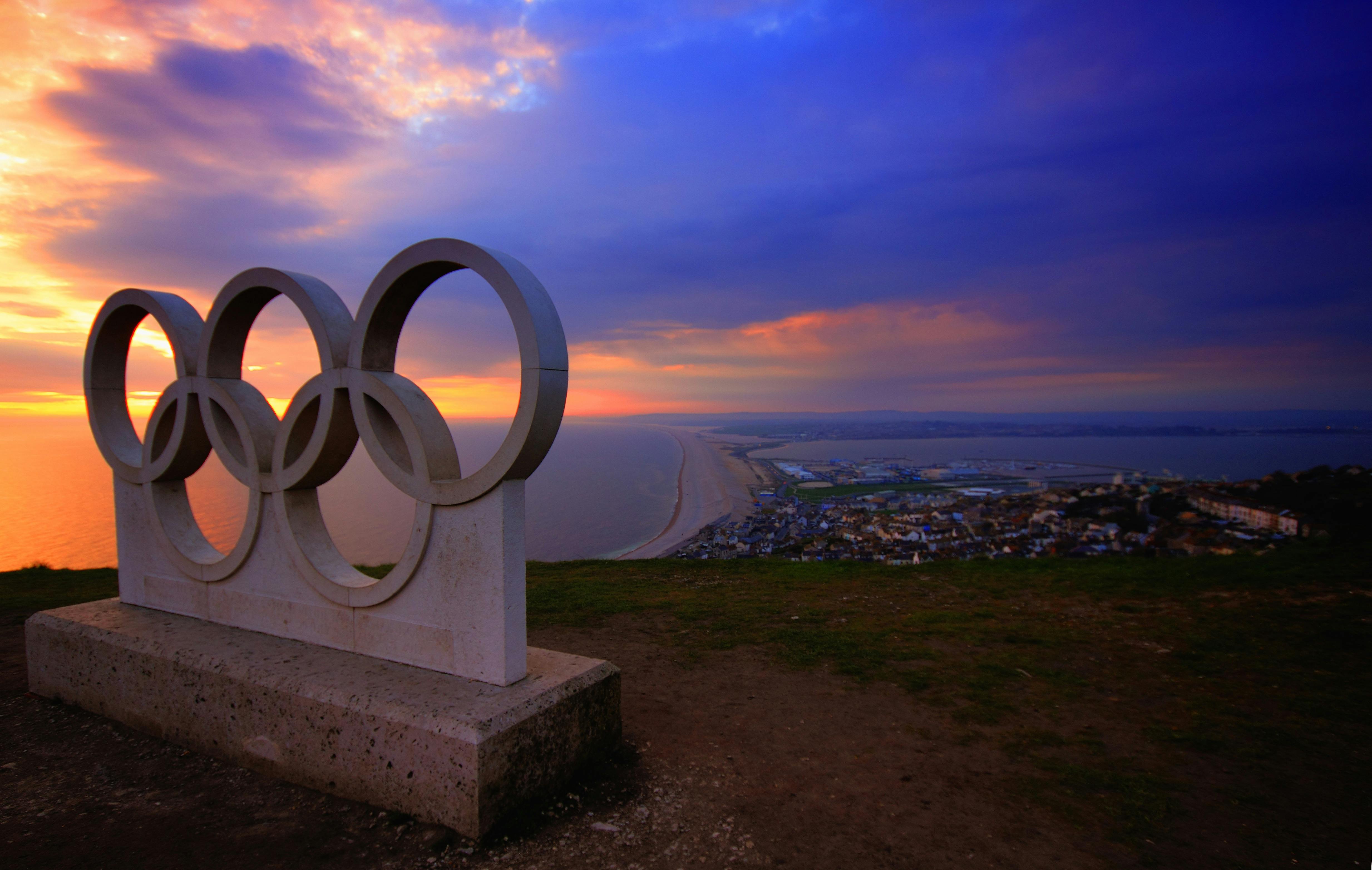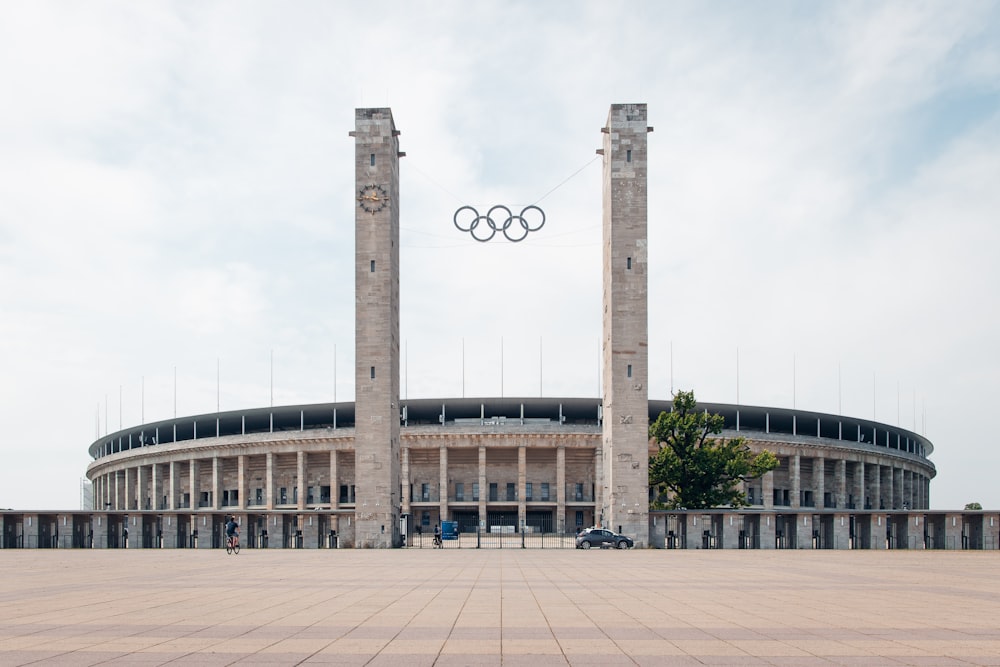Olympic Games: History and Facts
The Olympic Games, often referred to as the greatest show on Earth, have captivated the hearts and minds of people worldwide for centuries. Rooted in ancient Greece, where they were held in Olympia from 776 BCE to 393 CE, the modern Olympic Games were revived in 1896 in Athens. Since then, this quadrennial spectacle has evolved into a global phenomenon, bringing together nations, cultures, and athletes in the spirit of friendly competition and mutual respect. The Olympic Games serve as a testament to the enduring power of sport to foster unity, promote excellence, and celebrate the extraordinary achievements of athletes.
Origins and Evolution: Olympic Games
Image via Unsplash.com
The ancient Olympic Games, held in honor of the Greek god Zeus, were a vital part of ancient Greek culture. These games were not only a display of physical prowess but also a celebration of the ideals of honor, integrity, and fair play. However, the ancient Olympics were discontinued in 393 CE by the Roman Emperor Theodosius I, marking the end of an era.
It was not until the late 19th century that the idea of reviving the Olympic Games gained traction. Inspired by the ancient traditions, Baron Pierre de Coubertin, a French educator and sports enthusiast, played a pivotal role in the revival of the Olympics. The first modern Olympic Games took place in Athens in 1896, with 13 countries participating in 43 events.
Over the years, the Olympic Games have evolved in scale, scope, and significance. The inclusion of new sports, the establishment of the Paralympic Games for athletes with disabilities, and the expansion of the Games to include both summer and winter editions have contributed to the global appeal and impact of the Olympics.
Unity through Sport: Olympic Games
Image via Unsplash.com
One of the primary goals of the Olympic Games is to promote unity and understanding among nations. The Olympic Charter, the fundamental document guiding the Olympic Movement, emphasizes the role of sport as a means to foster a peaceful and better world. The Games provide a platform for athletes from diverse backgrounds to come together, transcending cultural and political differences in the pursuit of shared goals.
The Olympic Opening Ceremony, a spectacle of creativity and pageantry, symbolizes the coming together of nations. Athletes from around the world parade into the stadium under their respective flags, showcasing the rich tapestry of human diversity. The Olympic flag, featuring five interconnected rings representing the continents, serves as a visual reminder of the global unity forged through sport.
The Olympic Village, where athletes reside during the Games, becomes a microcosm of international camaraderie. Athletes from different nations interact, share experiences, and form lasting friendships, creating a unique atmosphere of mutual respect and understanding. The Olympic Games provide a rare opportunity for people from varied backgrounds to connect on a personal level, fostering a sense of global community.
Excellence in Competition:
At the heart of the Olympic Games is the pursuit of excellence in sport. Athletes train tirelessly for years, pushing their physical and mental limits to qualify for the prestigious event. The Games provide a stage for these dedicated individuals to showcase their skills, determination, and sportsmanship.
The Olympic motto, “Citius, Altius, Fortius” (Faster, Higher, Stronger), encapsulates the relentless pursuit of improvement and the constant quest for breaking records. Athletes strive not only to outperform their opponents but also to surpass their own previous achievements. The thrill of witnessing world records being shattered and witnessing extraordinary feats of athleticism is a hallmark of the Olympic experience.
The Olympics also offer lesser-known sports the opportunity to gain global recognition. Sports such as archery, fencing, and judo, which may not command widespread attention outside the Games, captivate audiences during the Olympic fortnight. The diversity of sports represented underscores the inclusivity of the Olympic Movement and encourages a broader appreciation for athletic excellence.
Impact Beyond the Arena: Olympic Games
Image via Unsplash.com
The impact of the Olympic Games extends far beyond the sporting arena. Host cities invest heavily in infrastructure, facilities, and urban development to prepare for the Games. The transformative effect of hosting the Olympics is evident in the revitalization of neighborhoods. Along with improved transportation systems, and upgraded sporting venues.
The economic impact of the Olympics, however, has been a subject of debate. While hosting the Games can stimulate local economies through increased tourism and business opportunities. Also the costs of organizing the event can also strain public finances. Striking a balance between the short-term economic boost and the long-term sustainability of Olympic infrastructure remains a challenge for host cities.
The Olympics also serve as a catalyst for social change. The inclusion of new sports, such as skateboarding and surfing in the 2020 Tokyo Olympics is significant. It reflects a commitment to staying relevant and appealing to younger audiences. Additionally, the Paralympic Games highlight the abilities of athletes with disabilities, challenging societal perceptions and promoting inclusivity.
Challenges and Controversies:
Despite its positive impact, the Olympic Games have not been without challenges and controversies. Issues such as doping scandals, corruption within the International Olympic Committee (IOC) are problematic. And concerns over the environmental impact of hosting the Games have marred the reputation of the event.
Doping, the use of performance-enhancing substances, has been a persistent issue in the world of sports, including the Olympics. The fight against doping involves stringent testing protocols, sanctions for offenders. And ongoing efforts to educate athletes about the consequences of cheating. These measures aim to uphold the integrity of the Games. But doping scandals continue to cast a shadow over the pursuit of fair competition.
Host Cities

Image via Pexels.com
The selection of host cities has also been a source of contention. The bidding process for hosting the Olympics is often competitive, with cities investing significant resources to secure the opportunity. However, concerns have been raised about the financial burden on host cities and the potential displacement of local communities. In recent years, some cities, faced with public opposition and the high costs associated with hosting, have withdrawn their bids.
Environmental sustainability has become an increasingly important consideration for the Olympic Movement. The construction and operation of Olympic venues, the influx of visitors demands concern. And the carbon footprint associated with the Games raise concerns about their impact on the environment. Efforts to address these concerns include incorporating eco-friendly practices. Along with promoting renewable energy, and emphasizing the use of existing infrastructure when planning the Games.







